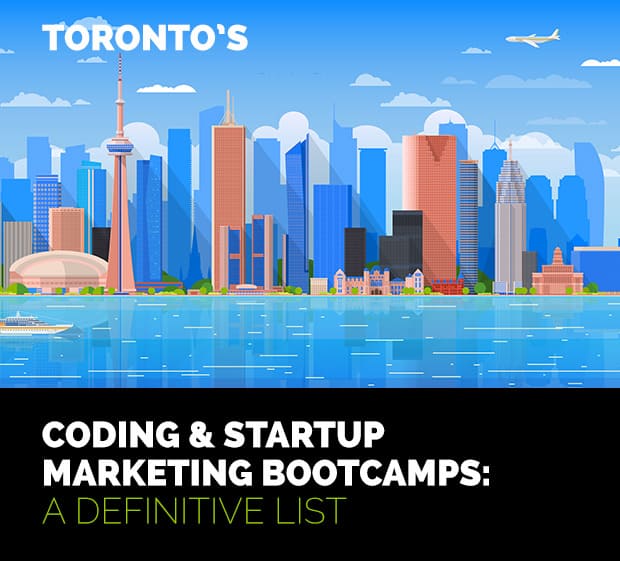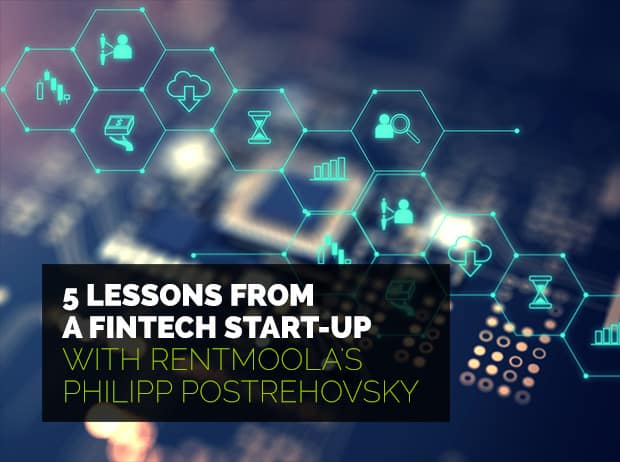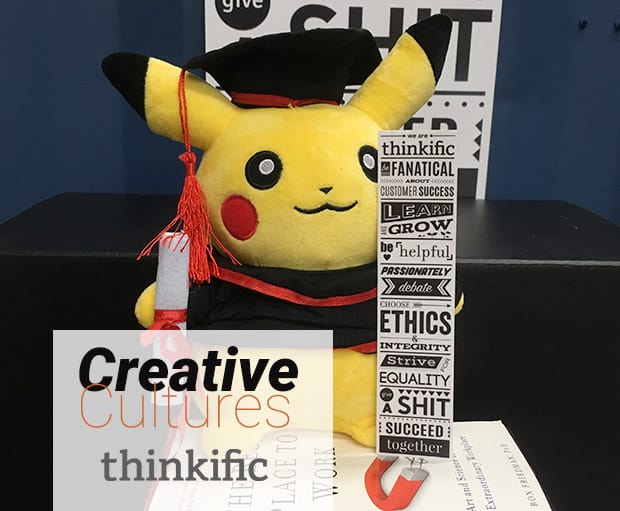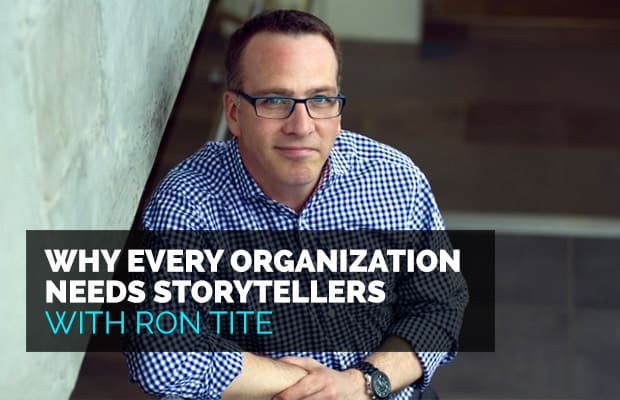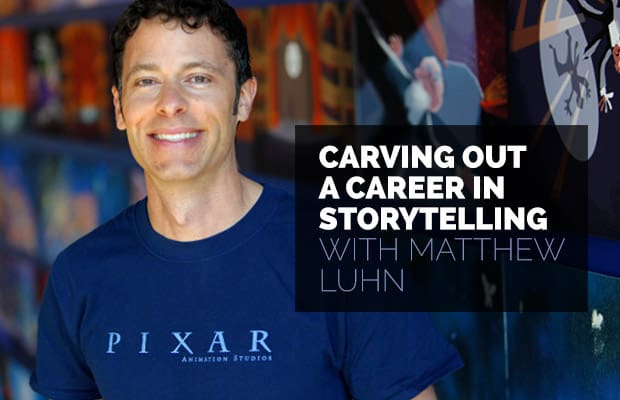
Matthew Luhn is a writer, story and branding consultant, creative writing instructor and keynote speaker with over 25 years of experience creating stories and characters at Pixar Animation Studios, The Simpsons, and beyond. Alongside his work at Pixar, Matthew also trains CEOs, marketing teams, directors and other professionals how to craft and tell stories for Fortune 500 companies, Academy Award winning movies and corporate brands. Emma Bullen spoke to him at CIMC2017 in Squamish.
How have you carved out a career as a storyteller?
I come from a family that is all about toys; they own toy stores. But my dad wanted to be an animator. He didn’t get to do that, so he put his love of animation on me. By the time I graduated high school, I was dedicated to go and be an animator—and specifically for the Walt Disney Company.
I went to Cal Arts, and everyone who had a love for animation wanted to get into this school. The Pixar culture comes from Cal Arts and the animation department A113. While I was going to Cal Arts, I made a student film, and a small animation company called the Simpsons saw it. They offered me a job on the third season of the Simpsons. I did what was totally logical, I quit school.
At this point, I’d reached my dad’s goal; I was an animator. Then I stumbled into the story room. As a team, they were writing a different episode every week. I fell in love with this. It was the story that really interested me. I thought there was no way they’d let me in, so I kept animating.
Continue reading →
